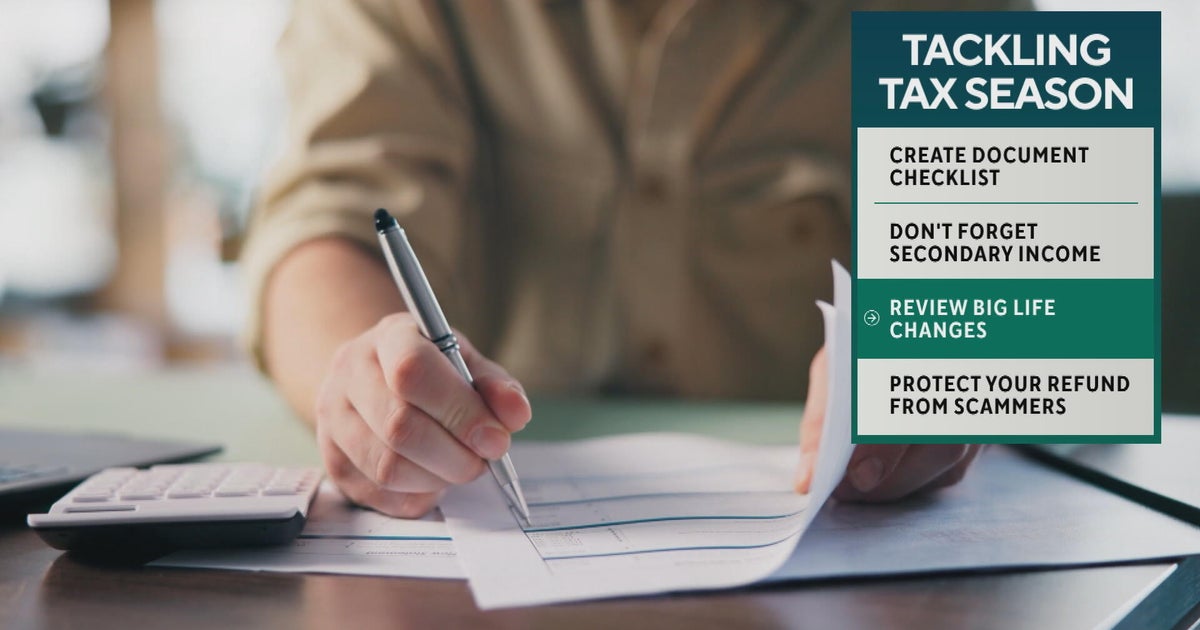Don't have to file a tax return? Maybe you still should
Did you know that not everyone is required to file a tax return? If your income falls below a certain level, the exemptions and deductions you're entitled to claim can be more than the income you've earned. In that case, you would have no taxable income to report and no need to file a return.
For example, if you're single and your total income in 2017 was $10,400 or less, you aren't required to file. That's because the personal exemption and standard deduction you can claim -- $4,050 and $6,350, respectively -- will reduce your taxable income to zero. A married couple can earn up to $20,800 in 2017 and have no taxable income to report.
However, in several situations you should file a return even if you don't have to. You may get money back just for filing. But that's the key: The only way to get this money is to file a federal tax return.
Here are two of these situations:
If you've received tax credits to pay for health insurance that you bought from an exchange, you should file a return to continue getting these credits. This applies to those who receive a Form 1095-A, Health Insurance Marketplace Statement, showing they received the premium tax credit. In that case, you must file a return and include Form 8962, Premium Tax Credit, to report your premium tax credit and the actual premium tax credit you're entitled to.
If you fail to file, you'll receive a notice requesting repayment of the amount of the credit you got, and you'll be prohibited from getting any future tax credits for your health insurance.
Another reason to file a tax return is to claim a refundable tax credit, such as the Earned Income Tax Credit, (EITC). This special tax credit is available to lower-income earners. And if you're eligible for it, you must file a tax return to get it. Otherwise, you can lose out on up to thousands of dollars -- even if you've paid no income taxes. For example, the maximum EITC allowed in 2017 is $510 per person with no qualifying children and up to $6,318, if you meet certain income requirements and have three or more qualifying dependent children.
During 2017, IRS said 27 million people received about $65 billion from claiming the EITC. The average EITC per person was more than $2,400. People who live in a state that offers a similar state credit can do even better.
But according to the IRS, only four of every five eligible people get the EITC amount they are entitled to. Anyone with earnings of $55,930 or less should use the EITC Assistant tool at the IRS website to check their eligibility.
To claim the EITC, you'll have to file a Form 1040, 1040A or a 1040 EZ and correctly report your earned income. If you're claiming a larger EITC due to having one or more qualifying children, you'll also have to attach a completed Schedule EIC to give the IRS additional information about those children.
Remember that if you file a tax return claiming the EITC, it may delay the return's processing and your refund by a few weeks. That's because tax returns claiming this credit have become a frequent target for tax ID fraud. So the IRS takes a close look at tax returns that claim the EITC.



